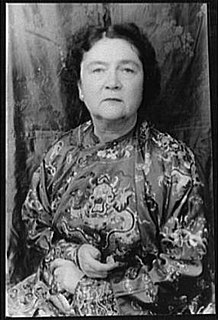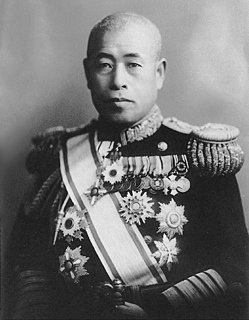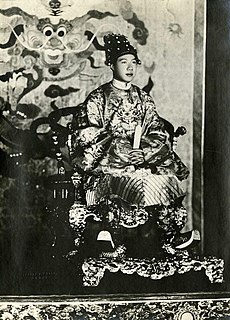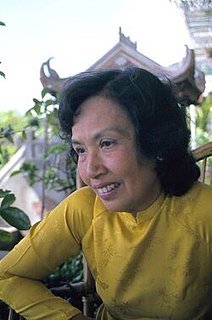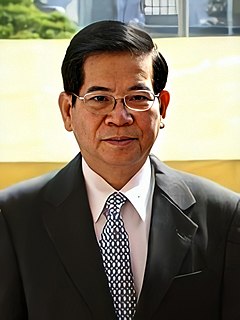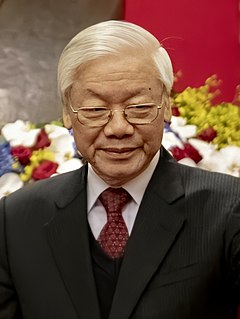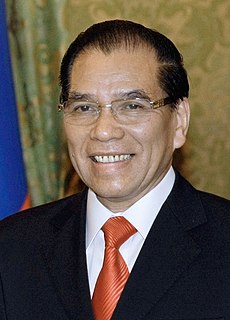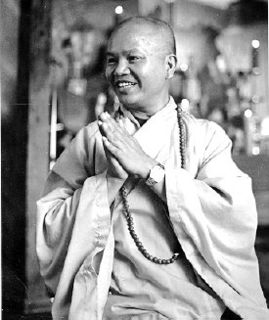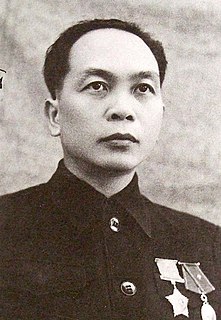A Quote by Nguyen Viet Thang
People might like to think a war is done when a cease fire is signed, but for most people who lived through a war it goes on for decades.
Related Quotes
In times of war, as everyone knows, who has lived through one, or talked to soldiers when they are allowing themselves to remember the truth, and not the sentimentalities with which we all shield ourselves from the horrors of which we are capable ... in times of war we revert, as a species, to the past, and are permitted to be brutal and cruel. It is for this reason, and of course others, that a great many people enjoy war. But this is one of the facts about war that is not often talked about.
I was after a set of pictures, so that when people looked at them they would say, ‘This is war’-that the people who were in the war would believe that I had truthfully captured what they had gone through I worked in the framework that war is horrible. I want to carry on what I have tried to do in these pictures. War is a concentrated unit in the world and these things are clearly and cleanly seen. Things like race prejudice, poverty, hatred and bigotry are sprawling things in civilian life, and not so easy to define as war.
As we have sought through the centuries to define ourselves as human beings and as nations through the prisms of history and literature, no small part of that effort has drawn us to the subject of war. We might even say that the humanities began with war and from war, and have remained entwined with it ever since.
When you say that after World War I there was a pandemic that killed more people than the war itself, most will say: "Wait, are you kidding? I know World War I, but there was no World War 1.5, was there?" But people were traveling around after the war, and that meant the force of infection was much higher. And the problem is that the rate of travel back then was dramatically less than what we have nowadays.




